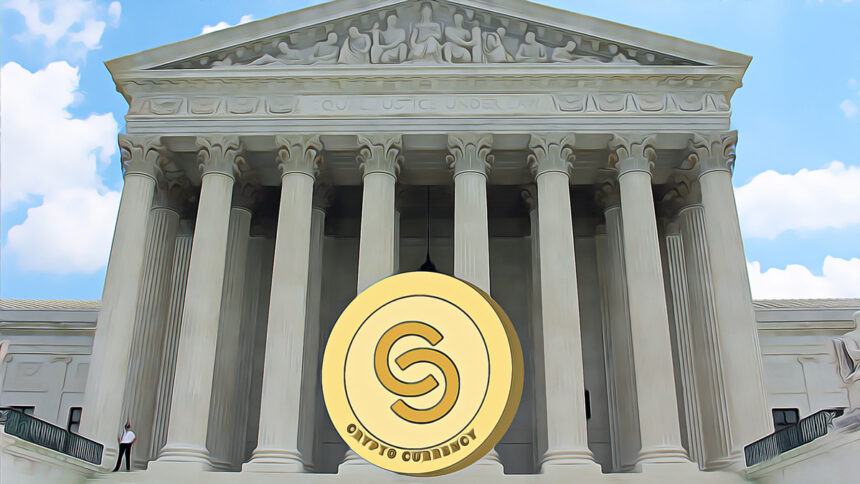The SEC‘s Chief Accountant, Paul Munter, explained this week how certain companies can be exempt from SAB 121. SAB 121 is an accounting rule that mandates the inclusion of cryptocurrencies in banks’ balance sheets when held. This rule has faced criticism for imposing financial burdens on institutions storing cryptocurrencies.
Ways to Obtain Exemptions
Munter detailed how banks and other businesses can attain exemptions from SAB 121. For instance, a bank could partner with a state regulator that guarantees customer recovery of assets in bankruptcy, thereby gaining exemption. Brokers might also secure exemptions by working directly with clients without holding the cryptographic keys to the assets.
Political Reactions
Senator Cynthia Lummis criticized the SEC’s plans to implement SAB 121 through individual meetings. She argued that the SEC bypassed Congress while creating SAB 121, which she claimed contravenes the Congressional Review Act. Although a proposal to address this concern emerged, it was vetoed by President Biden, citing risks to consumer and investor welfare.
TaxBit’s CEO Aaron Jacob criticized the SEC’s accounting guidance, pointing out that SAB 121 causes confusion. He noted that Munter’s explanations of exemptions raise questions about the necessity of the rules. Many in the sector view SAB 121 as complex and inconsistent.
Alex Thorn, Galaxy’s research director, remarked that exemptions represent the SEC’s retreat from fully enforcing SAB 121. He suggested that the SEC initially aimed to apply these rules only to cryptocurrency firms but has since sought exemptions for traditional banks.
Crypto sector trade associations expressed their concerns following Munter’s discussion. Patrick Kirby emphasized that SAB 121 limits consumers’ secure options for holding digital assets and disrupts banking practices. Taylor Barr argued that SAB 121 is flawed and unsustainable, highlighting the need for reform in the crypto industry.

 Türkçe
Türkçe Español
Español







